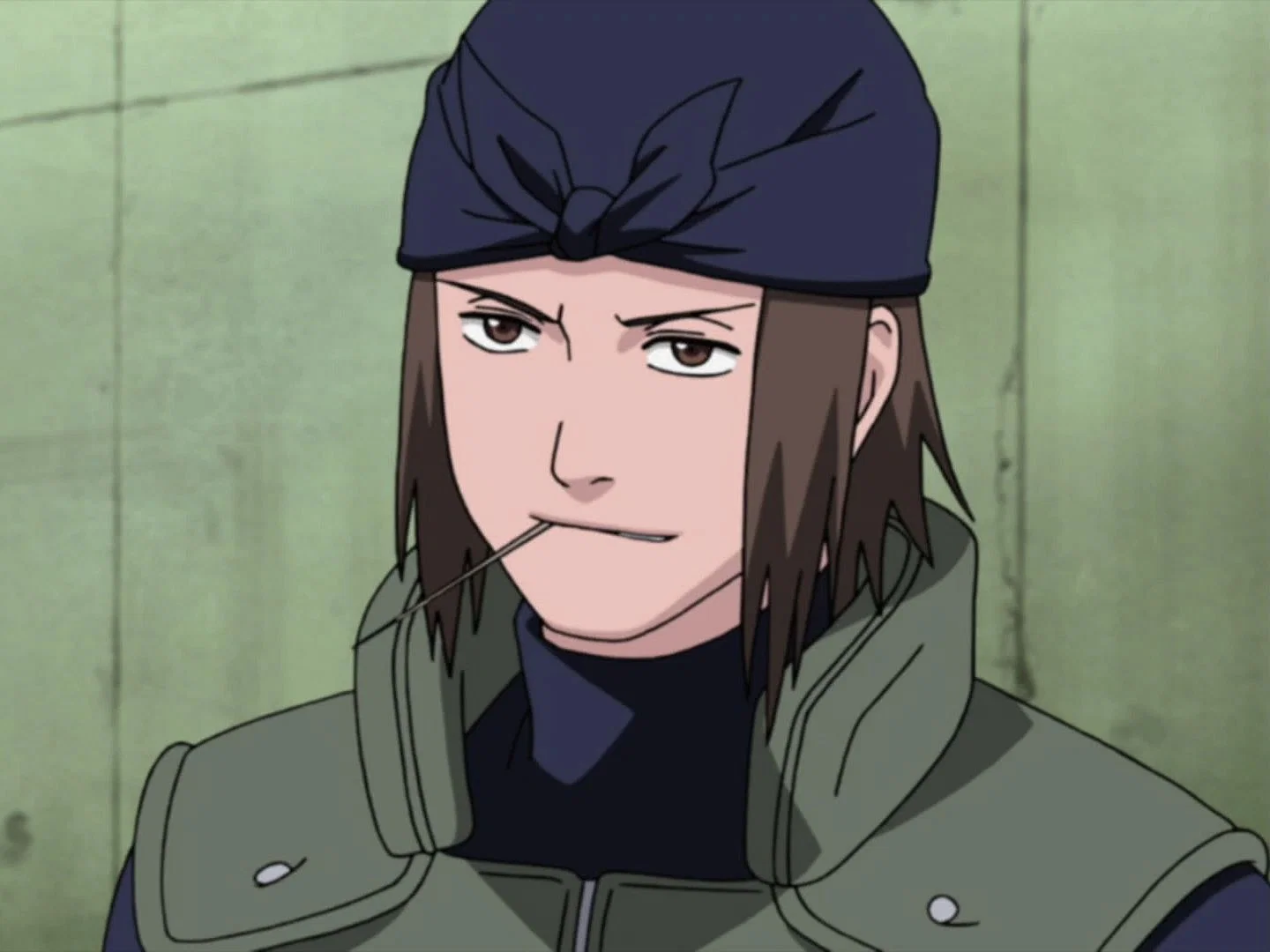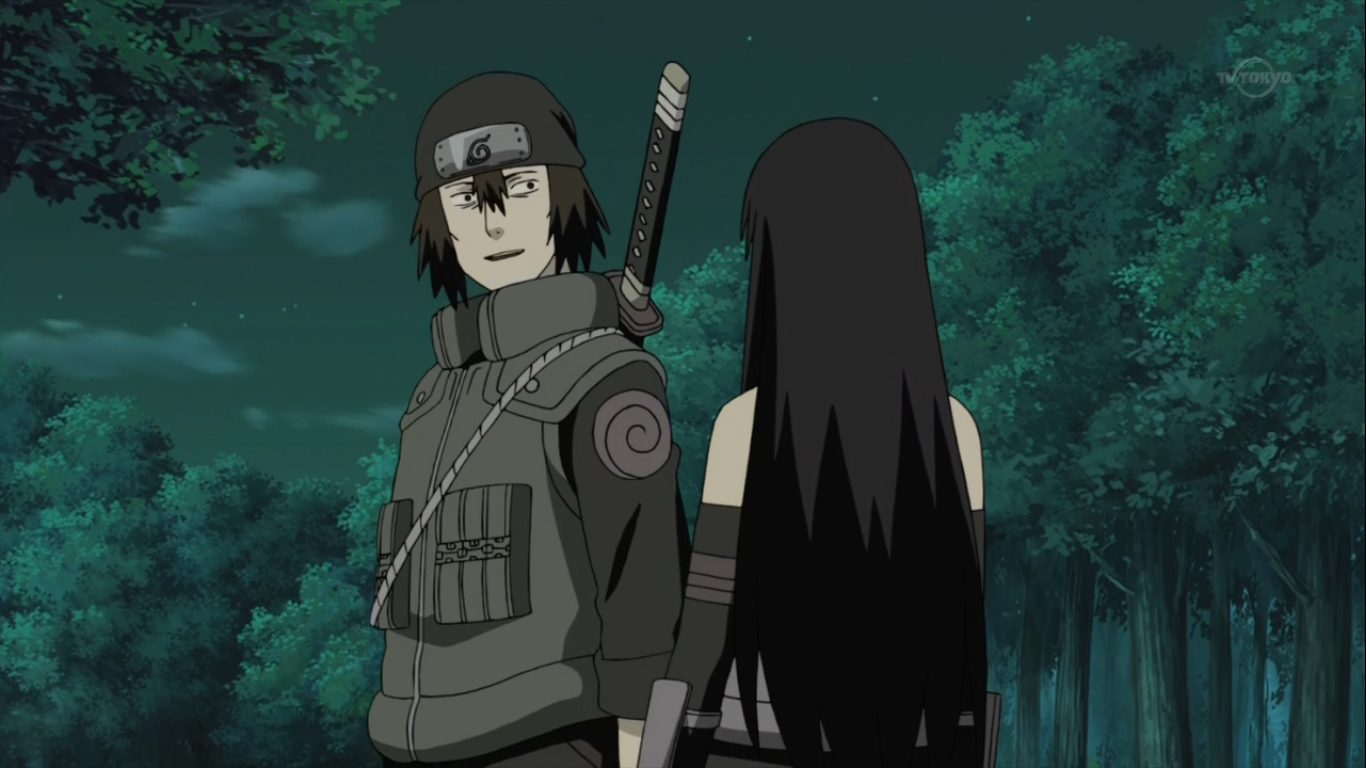Reveal the Untold Stories of Hayate Gekko
In the world of manga and anime, few titles capture the imagination quite like Hayate the Combat Butler, or Hayate no Gotoku! as it is known in Japan. But beneath its whimsical surface lies a narrative rich with complexity, depth, and untold stories waiting to be explored. This article aims to reveal the untold stories of Hayate Gekko, shedding light on the emotional and psychological intricacies of the characters and themes that weave through this beloved series.

Beyond the Comedy: Unveiling Hayate’s Trauma and Resilience
The essence of Hayate’s character can be traced back to the shadows of his traumatic past. From an early age, he was burdened with the consequences of his parents’ irresponsible choices, particularly their gambling addiction, which left him in an ocean of debt. This foundational experience forged his personality, instilling values of responsibility, diligence, and a profound sense of self-sacrifice.
>>> Buy now: Top 5 Akatsuki swords that shocked the ninja world in Naruto
The Weight of the Past
Hayate’s cheerful demeanor often masks the trauma that severely impacts his psyche. He demonstrates a remarkable ability to carry on despite his circumstances, but within him lies tumultuous emotions fueled by guilt and insecurity. The manga illustrates this through poignant flashbacks that delve into his childhood struggles—a tapestry of memories that highlight his yearning for a carefree existence, contrasting sharply with the relentless pressure that weighs on his shoulders.
Through Hayate’s hardships, we glimpse the scars left by his upbringing. They are not just remnants of a painful history but are integral to understanding the motivations behind his actions. For instance, his relentless work ethic and tendency to prioritize others’ needs over his own stem from a need to atone for his past and to seek validation. This complex interplay between resilience and vulnerability reveals a character whose journey transcends mere comedic relief.

Battling Inner Demons
As the story unfolds, Hayate frequently confronts his inner demons—self-doubt and feelings of unworthiness plague him. These aspects of his character are pivotal, serving as reminders that even those who seem put together grapple with deep-seated issues. The author Kenjirou Hata skillfully intertwines humor with moments of gravity, allowing viewers to witness Hayate’s internal battles in a relatable light.
The series navigates these darker themes deftly, enhancing Hayate’s character arc and providing critical commentary on mental health. It encourages audiences to recognize that adversity does not only manifest outwardly but also shapes internal landscapes. Hayate’s growth becomes a powerful tale of resilience, emphasizing that healing is a process often riddled with setbacks but filled with opportunities for self-discovery.
The Sanzenin Family: A Tapestry of Complexity and Hidden Emotions
No discussion of Hayate the Combat Butler would be complete without acknowledging the intricacies of the Sanzenin family. At the heart of this family dynamic is Nagi Sanzenin, a character whose seemingly frivolous demeanor belies her own struggles and vulnerabilities.
Nagi Sanzenin: More Than Meets the Eye
Nagi starts as an archetypical spoiled heiress, surrounded by privilege yet devoid of authentic connections. Her character gradually evolves, revealing layers of complexity influenced by her isolated upbringing. The absence of genuine familial ties leaves her emotionally stunted, leading her to seek connection through her relationship with Hayate.
As Nagi navigates her feelings towards Hayate, viewers witness her transformation from a self-absorbed young girl to a character capable of empathy and growth. This evolution serves as a poignant exploration of loneliness and the human desire for meaningful relationships. By showcasing Nagi’s vulnerabilities, the series challenges stereotypes surrounding wealth, highlighting how affluence can sometimes breed isolation rather than happiness.
Maria: The Unsung Protector
Maria, the fiercely loyal maid and childhood friend of Nagi, adds another layer of depth to the Sanzenin family dynamics. Her character embodies strength and determination, often stepping into the role of Hayate’s confidante and protector. Maria’s own feelings toward Hayate complicate their interactions, presenting a subtle love story intertwined with themes of loyalty and sacrifice.
Her unwavering support for Hayate contrasts sharply with the challenges he faces, serving as a reminder of the importance of companionship and understanding amid turmoil. Maria’s presence reinforces the narrative’s emphasis on the value of friendship and the necessity of having someone who believes in you during your darkest hours.
The Eccentricity of Family Dynamics
The broader Sanzenin family hierarchy is rife with eccentricities, each member contributing to the rich tapestry of humor and emotional undercurrents. Figures like Kenzo Sanzenin, Nagi’s grandfather, embody absurdity, amplifying the comedic elements while simultaneously exposing deeper themes of generational conflict and the burden of expectations.
The intermingling of humor and emotional richness within the Sanzenin family allows the series to critique traditional family structures and societal norms. It raises questions about the pressures faced by individuals within wealthy families, showing that privilege does not guarantee emotional fulfillment. Through these narratives, Hayate’s interactions with the Sanzenins highlight the quest for identity amidst familial obligations and societal expectations.
Exploring the Intricacies of Love and Relationships
At its core, Hayate the Combat Butler is a rich exploration of love in its various forms. The relationships Hayate cultivates serve not only as sources of comedy but also as avenues for personal growth, emotional conflict, and self-discovery.
Romantic Entanglements: The Heart of the Matter
Hayate’s romantic journey is anything but straightforward. His interactions with characters such as Maria, Hinagiku Katsura, and Isumi resonate with viewers due to their complexity and emotional weight. Each character represents unique perspectives on love, reflecting the myriad ways people connect and communicate.
While the series often leans into slapstick humor to portray these relationships, the undercurrent of genuine emotion is always present. Hayate grapples with conflicting feelings, torn between his responsibilities and his desires. These dilemmas portray the struggle many face in balancing personal aspirations against external obligations, making Hayate’s journey relatable to audiences of all ages.
Learning from Love
Each romantic encounter serves as a learning experience for Hayate. His evolving feelings provide insight into the nature of relationships—compassion, trust, and effective communication become central themes. As the narrative progresses, we see him confronting his fears and insecurities, ultimately challenging his preconceived notions of love and affection.
The series portrays love as a dynamic force, one that requires effort, patience, and willingness to grow alongside one another. Hayate’s experiences reflect real-life lessons about relationships, emphasizing that true connection transcends superficial attractions and demands an understanding of oneself and others.
Friendship’s Role in Love
Amidst the romantic drama, friendships play an essential role in shaping Hayate’s understanding of love. Characters like the members of the Hayate Brigade bring humor and camaraderie into his life, illustrating the multifaceted nature of relationships. They provide emotional support, share laughter, and offer guidance when needed most, reinforcing the idea that love is not solely romantic but encompasses a wide range of meaningful connections.
These friendships further challenge Hayate’s tendency towards self-sacrifice, encouraging him to prioritize his well-being. This journey towards acknowledging his own needs marks a significant step in his development, allowing him to embrace love in all its forms—friendship, romance, and familial bonds.
A Commentary on Social Class and the Pursuit of Happiness
Beneath the antics and laughter, Hayate the Combat Butler engages in a subtle critique of social class and the pursuit of happiness. Hayate’s ascension from poverty as a combat butler for a wealthy family is emblematic of the socio-economic divides that often dictate personal relationships and opportunities.
The Struggle with Poverty
Hayate’s initial struggles with poverty set the stage for a nuanced exploration of social class disparities. His journey emphasizes the inherent biases and judgments associated with financial status, challenging the notion that wealth equates to happiness. The stark contrast between Hayate’s humble beginnings and the lavish lifestyles of the Sanzenins positions him as a relatable figure in a world often glamorized by affluence, forcing viewers to confront uncomfortable truths about societal expectations.
Through Hayate’s eyes, we witness the harsh realities of financial instability and the relentless pursuit of stability. His endeavors to alleviate the burdens placed upon him showcase resilience in the face of hardship, serving as an inspiration to those navigating similar struggles.
The Illusion of Wealth
Conversely, the lives of the Sanzenins illustrate that wealth does not guarantee emotional fulfillment. Their privileged existence is riddled with isolation and a longing for authentic connection. Characters like Nagi and Kenzo embody the paradox of wealth—their extravagant lives are often overshadowed by emotional voids that money cannot fill.
This juxtaposition elevates the narrative, prompting reflections on the true sources of happiness. The series suggests that material possessions cannot replace the profound human need for love, acceptance, and belonging. Hayate’s journey, marked by the search for genuine relationships, serves as a testament to the idea that happiness ultimately resides in our connections with others rather than in accumulated wealth.
Universal Human Desire
Ultimately, Hayate the Combat Butler champions the universal human desire for happiness and belonging, regardless of social status. Hayate’s progression towards self-acceptance resonates with audiences, illustrating that fulfillment comes not from outward appearances but from embracing one’s identity and nurturing meaningful relationships.
The series encourages viewers to look beyond societal constructs, fostering empathy and understanding for individuals navigating diverse circumstances. By engaging with themes of social class and the human condition, Hayate the Combat Butler invites reflection on what it truly means to live, love, and find happiness in an imperfect world.
The Power of Friendship and the Importance of Support Systems
Throughout Hayate’s journey, the significance of friendship and support systems emerges as a vital theme. As he navigates his challenges, the importance of surrounding oneself with allies becomes increasingly evident.
Building Connections
Hayate’s relationships with the members of the Hayate Brigade and the student council exemplify the transformative power of friendships. Each character brings unique qualities to the table, offering varying forms of support, encouragement, and camaraderie. These relationships contribute to Hayate’s growth, teaching him valuable lessons about trusting others, being vulnerable, and embracing the idea that he doesn’t have to shoulder his burdens alone.
Friendship emerges as a guiding force in Hayate’s life, illuminating the path toward healing and personal growth. The series beautifully captures the essence of companionship, portraying how shared laughter and experiences can create lasting bonds that uplift individuals in times of adversity.
Overcoming Adversity Together
The collective spirit of the Hayate Brigade showcases the importance of teamwork and collaboration in overcoming challenges. Whether it’s tackling personal demons or confronting larger obstacles, their unwavering support offers Hayate a safety net, reminding him that he is not alone in his struggles.
This message resonates powerfully, demonstrating the necessity of relying on others during trying times. In a world where individualism often reigns supreme, Hayate the Combat Butler elegantly highlights the strength found in unity and connection. The struggles faced by Hayate and his friends convey a profound understanding of the healing power of community and the comfort of knowing that help is always within reach.

Encouragement for Self-Improvement
Friendships in the series also serve to challenge Hayate’s self-sacrificing nature. Characters like Hinagiku and Isumi encourage him to prioritize his own happiness, fostering a sense of self-worth and self-compassion. This aspect of the narrative underscores the idea that true friends lift each other up and inspire growth, pushing one another toward becoming the best versions of themselves.
By depicting the dynamics of supportive friendships, Hayate the Combat Butler provides audiences with a strong moral lesson on the importance of nurturing connections and valuing mutual support. The characters’ journeys remind us that friendship is not merely about sharing laughter but also about lifting one another during trials, creating a network of resilience and compassion.
A Journey of Self-Discovery and Acceptance
At its core, Hayate the Combat Butler encapsulates a journey of self-discovery and acceptance. Hayate’s path is marked by the struggle to confront his troubled past, navigate his identity, and learn the importance of embracing imperfections.
Confronting Identity
Hayate’s journey highlights the complexities of identity formation, particularly in the context of familial expectations and societal pressures. Throughout the series, he grapples with defining himself against the backdrop of his past traumas. This conflict creates a multifaceted character who evolves alongside the challenges he encounters.
Moments of introspection reveal Hayate’s vulnerabilities, prompting him to question his worth and purpose. The series gently nudges viewers to reflect on their own identities, encouraging them to embrace their unique journeys while acknowledging the influence of external factors that shape self-perception.
Learning Self-Acceptance
Self-acceptance emerges as a crucial theme throughout Hayate’s journey. As he learns to forgive himself for the burdens of his past and embraces his individuality, viewers witness the transformative power of self-love. The series advocates for the acknowledgment that everyone possesses flaws and struggles, emphasizing that true strength lies in embracing one’s humanity.
Hayate’s gradual acceptance of his past and its impact on his present life resonates deeply with audiences. His journey encapsulates the idea that healing is not linear and that self-discovery is a continuous process, inviting viewers to engage in their own voyages of self-exploration.
Celebrating Imperfection
The narrative celebrates the beauty of imperfection, suggesting that it is the very essence of humanity that binds us together. Each character in Hayate the Combat Butler embodies traits that make them unique, flawed, and relatable. This celebration of authenticity fosters empathy among the audience, encouraging a sense of community rooted in shared experiences.
Hayate’s evolution into a more self-accepting individual illuminates the importance of recognizing and honoring our quirks, failures, and triumphs. The series sends a powerful message—that self-love is fundamental to achieving inner peace and building meaningful connections with others.
As we conclude this exploration of Hayate the Combat Butler, it becomes evident that the series is much more than a lighthearted comedy. It presents a profound narrative that delves into the complexities of human emotions, interpersonal relationships, and the journey toward self-discovery and acceptance. Through the untold stories of Hayate Gekko, we uncover themes of resilience, friendship, love, and the social constructs that shape our lives.
The series remains a timeless reminder that even amidst life’s chaos and uncertainties, moments of joy, laughter, and connection hold the potential to heal and provide solace. The enduring legacy of Hayate the Combat Butler lies in its unique ability to blend humor with poignant insights into the human condition, making it a cherished story that will continue to resonate with audiences for years to come.
>>> Read more: Top 5 Akatsuki swords that shocked the ninja world in Naruto
